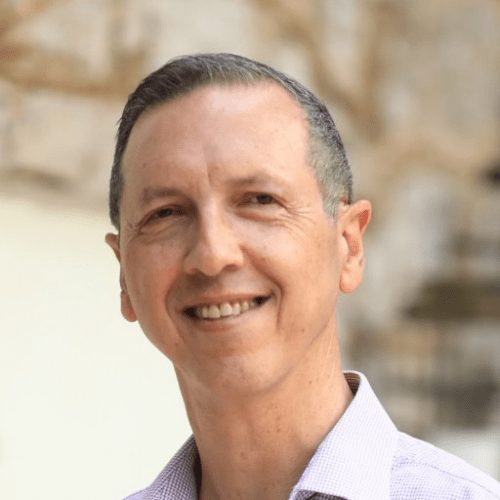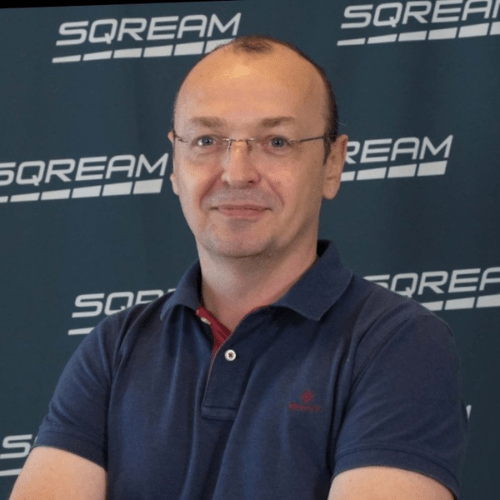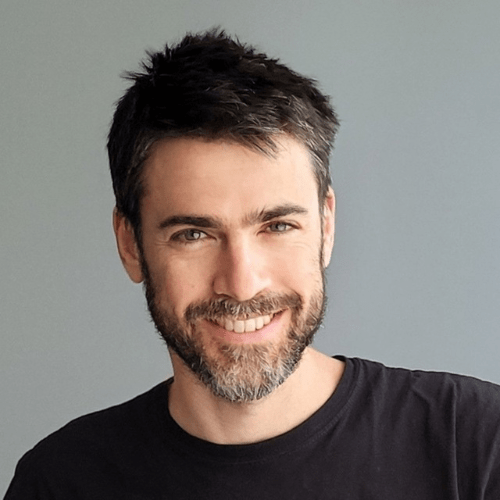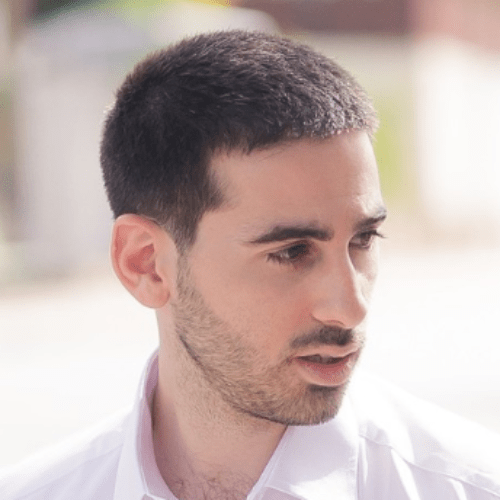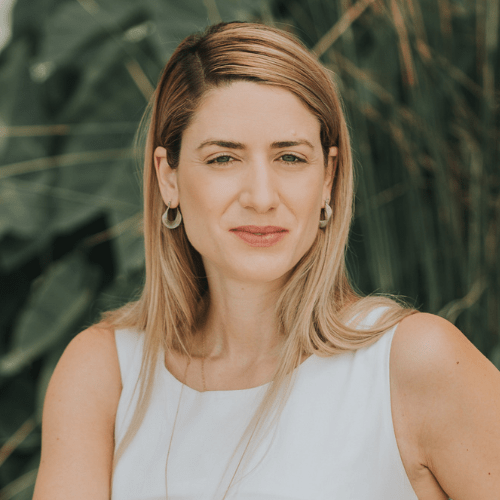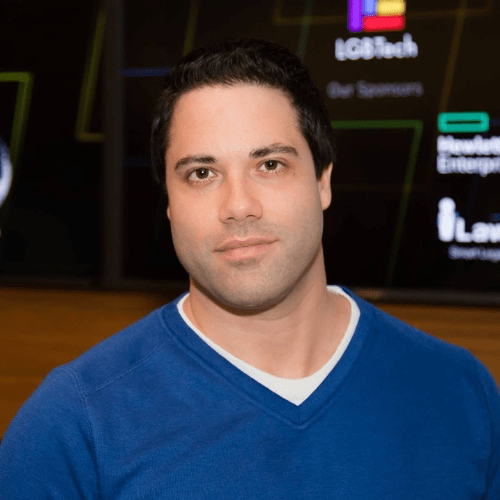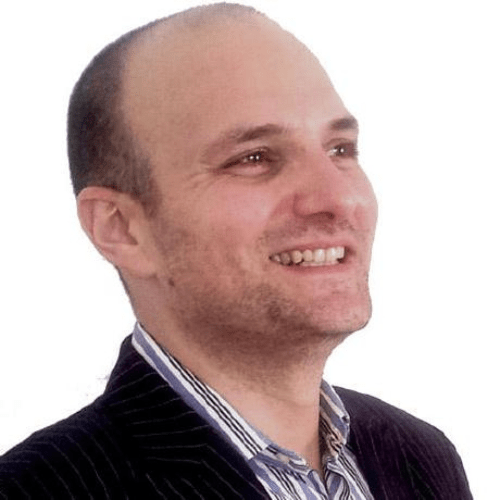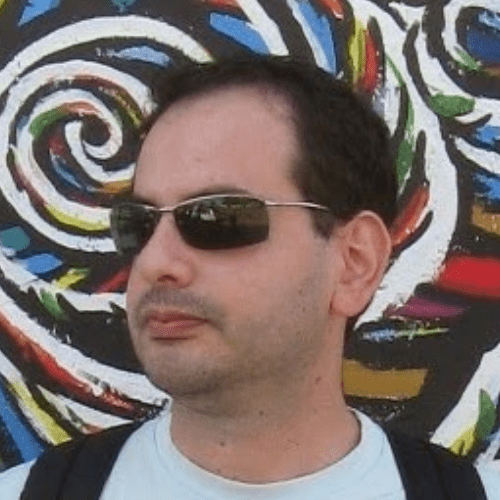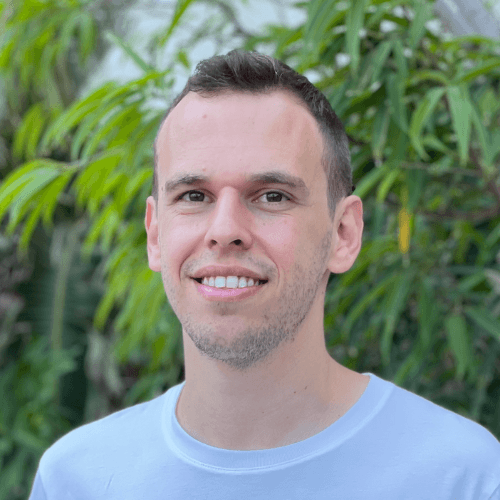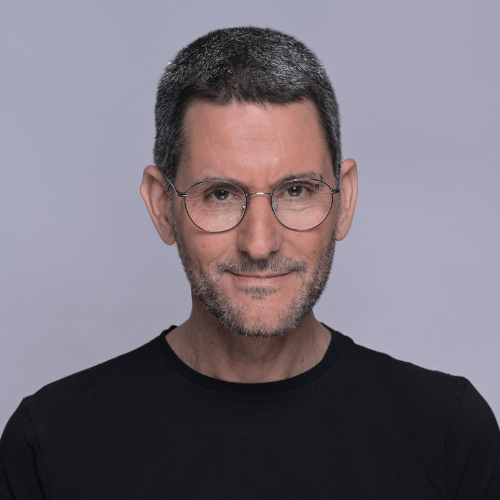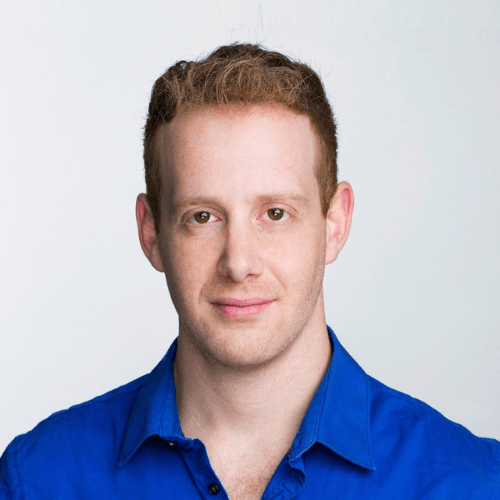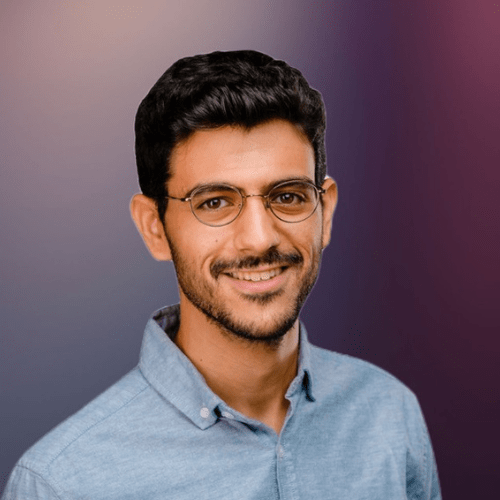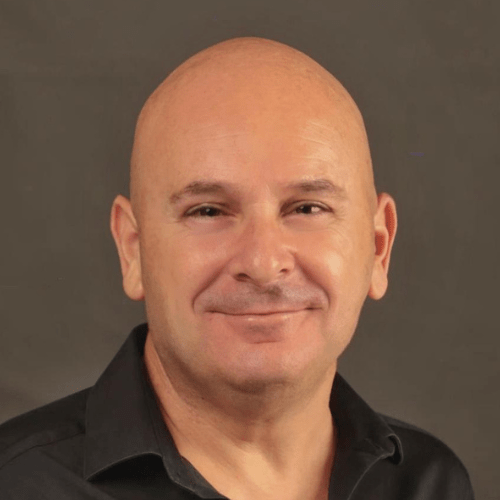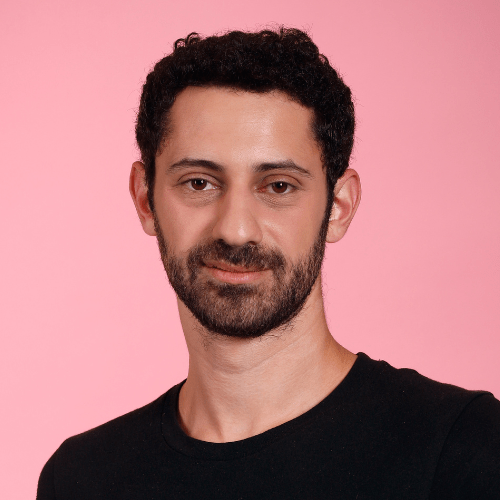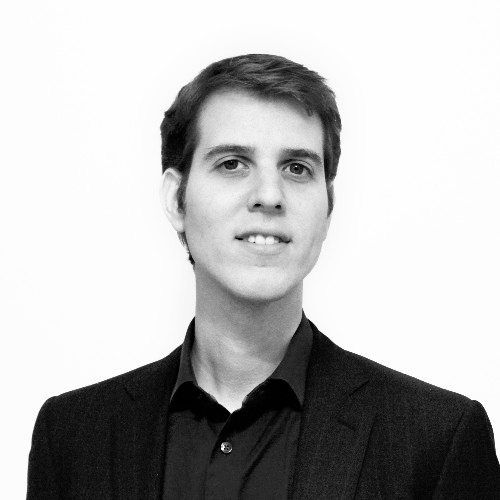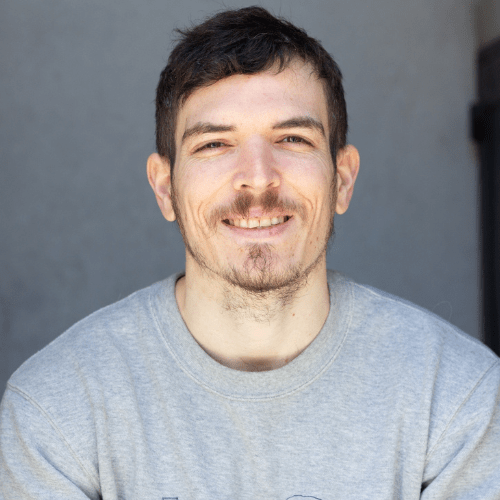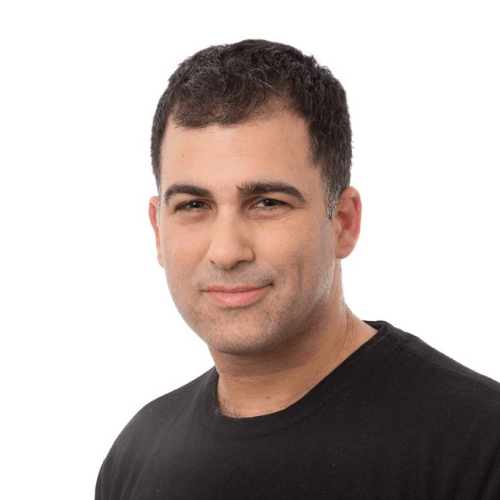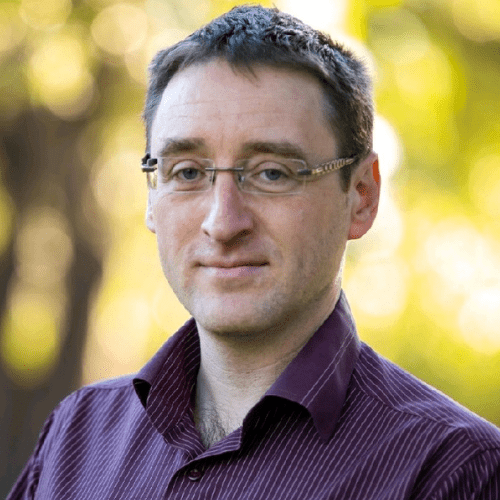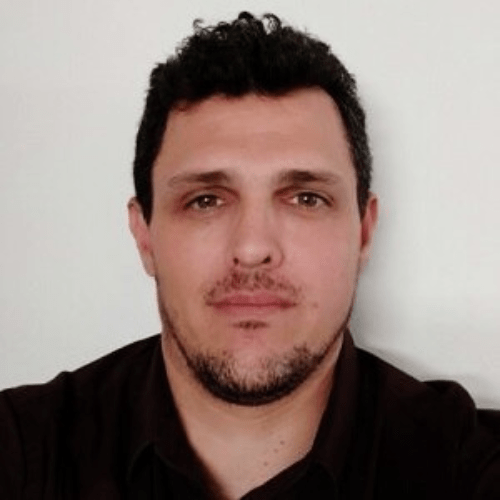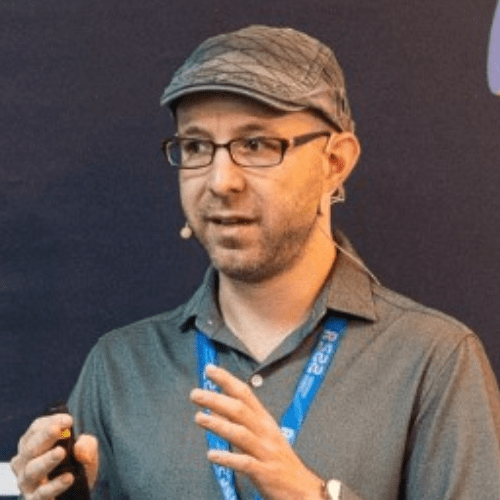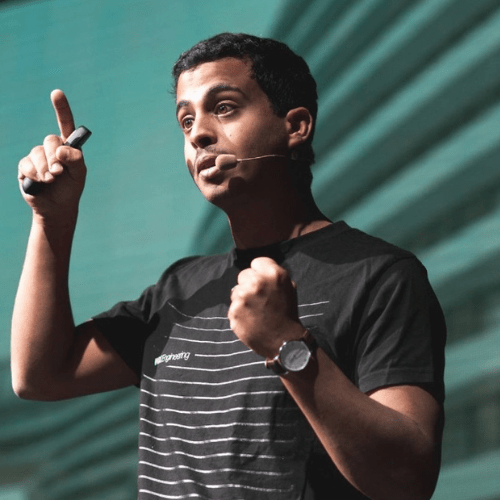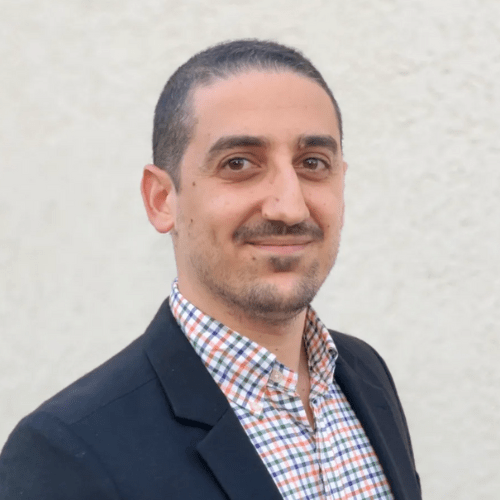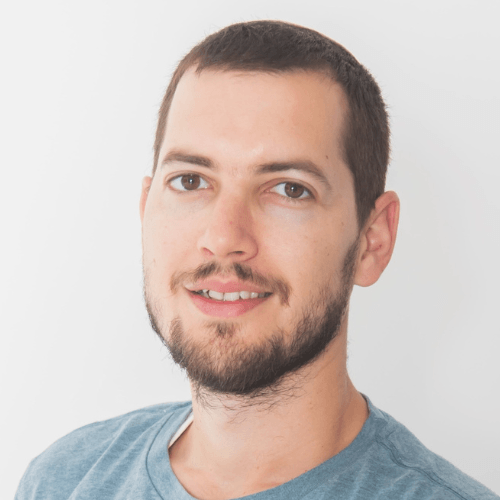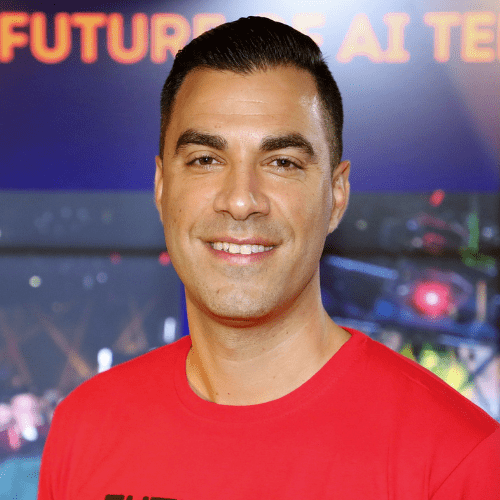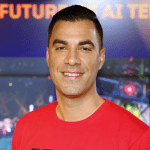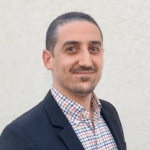WHO WE ARE
Welcome to Lynx Retail Fest, where innovation converges with retail’s future, uniting key industry players, visionary thought leaders, and emerging talents in the dynamic realm of retail technology. Since its inception in 2017, New Retail Fest has proven to be a pivotal platform for discovering cutting-edge retail tech solutions, gaining profound insights into evolving trends, and forging meaningful connections with the trailblazers shaping the destiny of the retail sector.
Step into an arena teeming with endless opportunities, where the latest breakthroughs in retail technology are unveiled, and the future of retail is meticulously designed. Immerse yourself in enlightening conversations with industry luminaries, pioneering innovators, and aspiring visionaries, sparking collaborations that will redefine the course of retail technology.
Partner with us and become a driving force in shaping the future of retail. Amplify your brand’s presence and cultivate valuable leads for your business by becoming a sponsor – get in touch with us today to explore sponsorship opportunities.
Where
TASE (Tel Aviv Stock Exchange) Conference Center, Ahuzat Bayit St 2, Tel Aviv
When
24 January 2024
09:00 – 15:00
ELEVATE & ENHANCE YOUR SKILLS
Attending the summit will provide you with numerous benefits. You will get the opportunity to learn about the latest trends, threats and solutions in software development; You’ll meet fellow software developers, team leaders and CTOs, make new connections, potentially land job opportunities or collaborations, and get inspired by new ideas and experiences!
Lynx DevCon will be a valuable investment of your time, for both personal and professional growth. So what are you waiting for? Now is the time to register!
JOIN THE LYNX COMMUNITY
Attending our conference is an excellent way to join a community of like-minded people. You'll have the opportunity to connect with other developers, designers, architects, team leaders and CTOs and share ideas, insights, and experiences. Looking to make new friends, build lasting relationships and be part of a supportive, collaborative community of software developers? Whether you're looking to advance your career, find new job opportunities, or simply learn from others in the field, you'll find plenty of reasons to attend our conference and join our community!
WHY ATTEND
What can you expect to experience in our conference
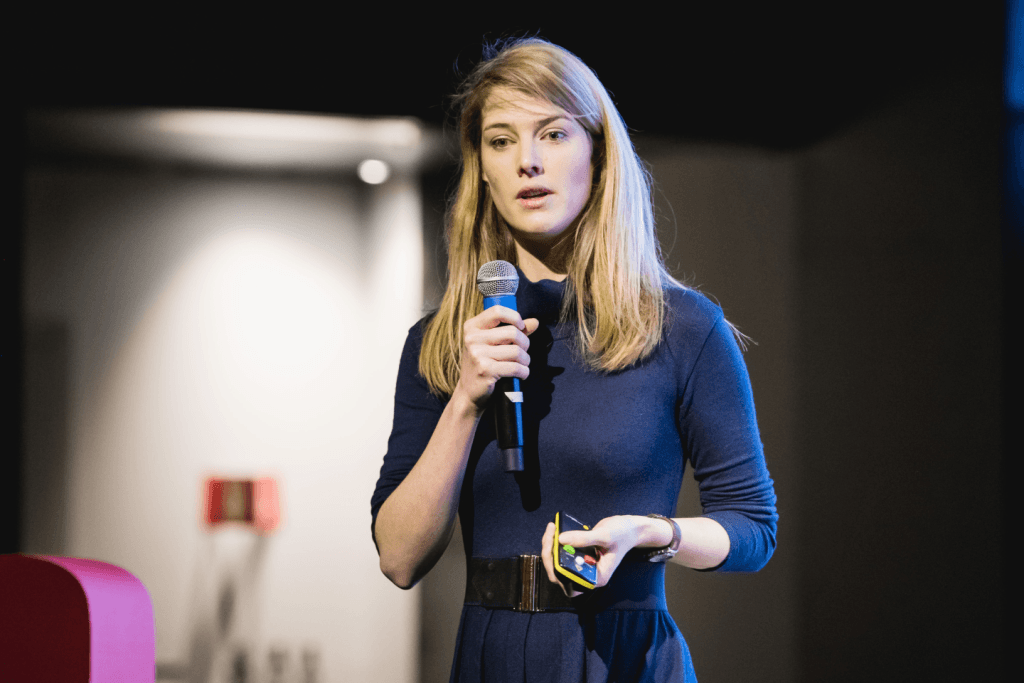
30 Expert Speakers
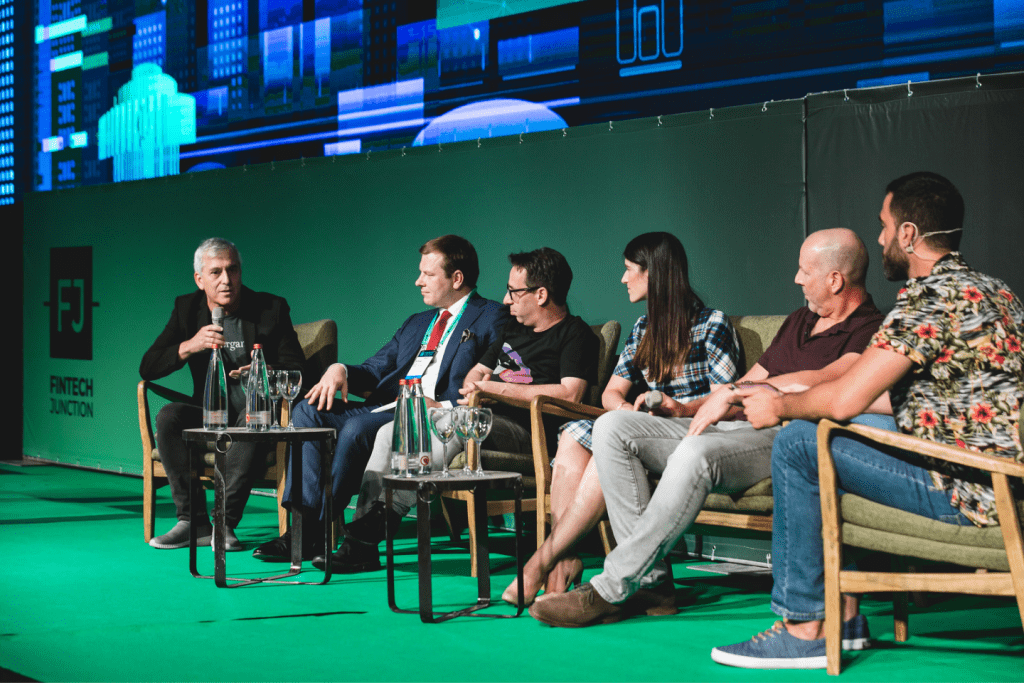
Keynotes & Panels in one main stage + two tracks
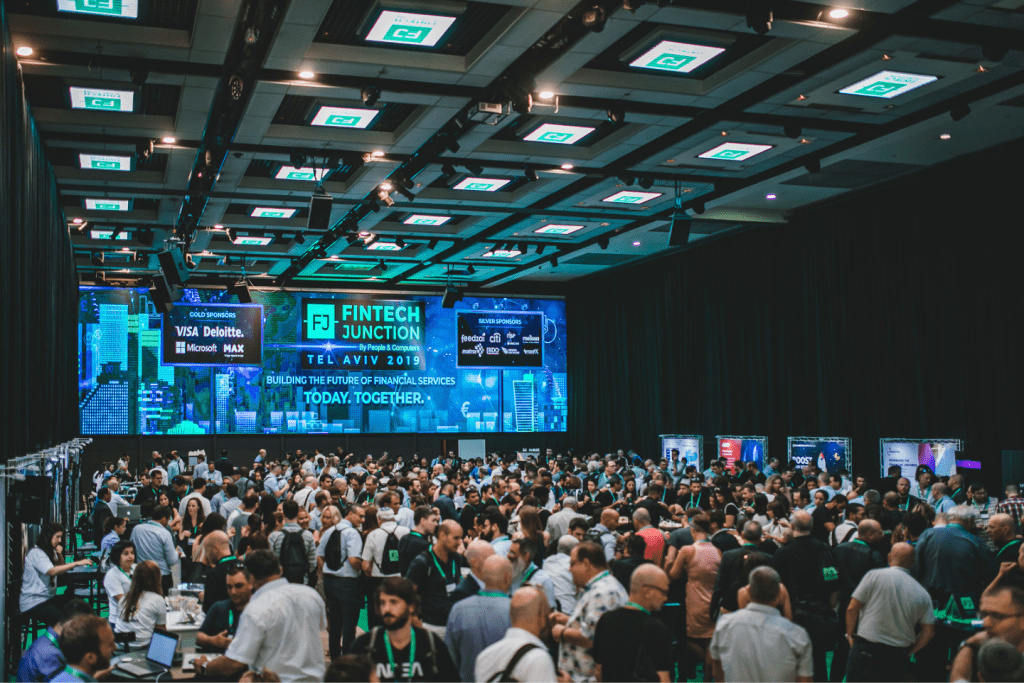
Networking with Software Developers

Software Development Startup & Investors
SPONSORS
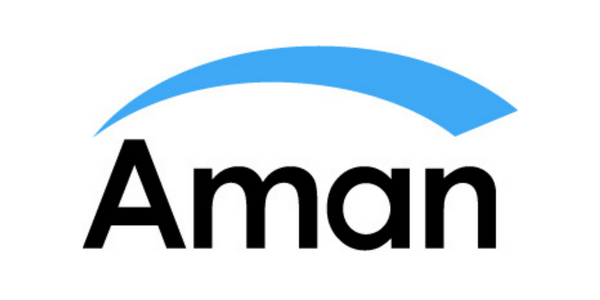
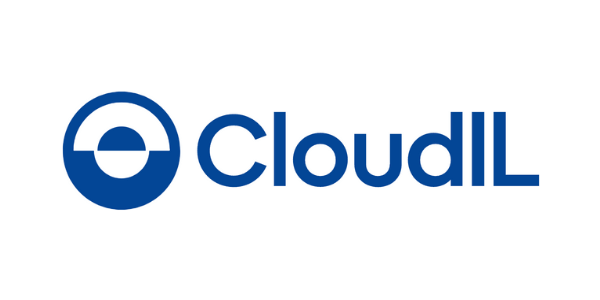
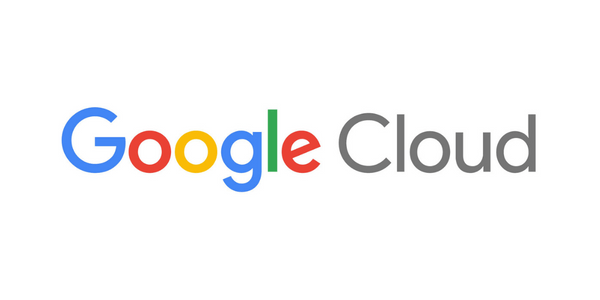
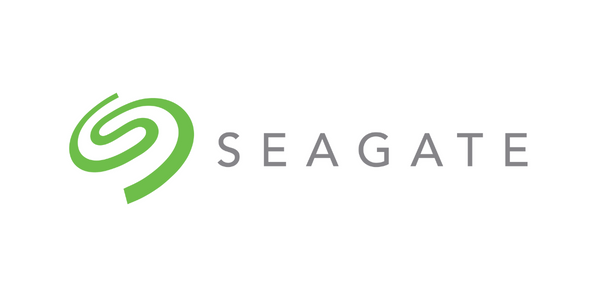
SPEAKERS
AGENDA
* In this event, all sessions will be held in Hebrew *
ALL SESSIONS (08:00-13:00)
MAIN STAGE (8:00 - 10:30)
TECHNICAL TRACK (10:30-13:00)
LEADERSHIP TRACK (10:30-13:00)
Welcome to Lynx DevCon - the new software developer conference by People & Computers!
We are thrilled to have you join us for this exciting event. In this welcome session, Ben will share with you the key agenda themes for the day and the opportunities you will have to learn from industry experts, network with each other, and discover new tools, technologies and inspiration in software development, both in technical and leadership ways.
Our lineup of keynote speakers and panelists is packed with valuable content that is sure to inspire and educate. We can't wait to dive into the world of software development with you and are excited to see what the future holds.
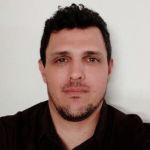 09:10 - 09:30
09:10 - 09:30Opening Keynote > Chaos Engineering 101 and Best Practices
By Ido Ben David Senior Engagement Manager @ CloudILCloudIL is an Israeli-based venture founded by one of the leading tech companies in Europe - in collaboration with local partners. The mission of CloudIL is to deliver a high-performing cloud platform comparable to global hyperscalers in quality, and with unprecedented levels of security for full compliance with local laws and requirements for data privacy, access, and control.
Chaos engineering in cloud environments by chatGPT:
Chaos engineering is the practice of intentionally introducing controlled failures or disruptions into a distributed complex system to test resilience and durability. The use of cloud-based infrastructure allows for greater scalability and flexibility when conducting chaos experiments, as resources can be easily provisioned and terminated as needed. Advanced Cloud providers often offer built-in tools and services to aid in chaos engineering, such as the ability to spin up and down entire regions or availability zones. 09:30 - 10:00
09:30 - 10:00Keynote > Making AI Accessible to All: Google Cloud's Machine Learning Tools
By Boris Mergold Data Analytics & AI Specialist @ Google CloudIn the keynote presentation "Making AI Accessible to All: Google Cloud's Machine Learning Tools", attendees will learn about the various machine learning solutions offered by Google Cloud and how they can be used to improve business operations and drive innovation.
The presentation will focus on the user-friendly and easy-to-use nature of Google Cloud's ML tools, making it possible for businesses of all sizes and industries to benefit from the power of AI. Attendees will discover how Google Cloud's ML tools can be integrated with other Google Cloud products to gain insights from data and make better decisions.
 10:30 - 10:40
10:30 - 10:40Keynote > Code Smarter, Not Harder: Tips for Developer Productivity and Happiness
By Jonathan Harel Comedian, Data Scientist @ fine.devJonathan is a data scientist working in the field of Computer Vision. He served four years in Unit 8200, and completed his B.Sc in Computer Science in Barcelona, Spain. In the past few years he developed multiple funny digital products, including “UHMMM” (A software that plays elevator music when online meetings go silent) and “yyynet” (an extension that adds drama to news headlines).
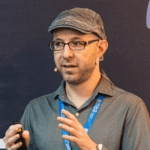 10:30 - 10:50
10:30 - 10:50PySnooper: Never Use Print for Debugging Again
By Ram Rachum ML Researcher @ Bar-Ilan UniversityI had an idea for a debugging solution for Python that doesn't require complicated configuration like PyCharm. I released PySnooper as a cute little open-source project that does that, and to my surprise, it became a huge hit overnight, hitting the top of Hacker News, r/python and GitHub trending. In this talk I'll go into:
* How PySnooper can help you debug your code.
* How to make your open-source project go viral.
* What kind of things happen when your open-source project becomes popular, and how to deal with them.I'm a software engineer turned ML researcher. In my software engineer hat, I've worked in web backend, infrastructure, devops, virtualization, and more. Over the last 12 years I've been an activist in the Python open-source community. I authored popular projects like PySnooper and PythonTurtle, and contributed to existing projects like CPython, Django, PyPy, Matplotlib, PyLint and more. I'm a PSF Fellow.
I'm currently working on research in Bar-Ilan University, with the goal of showing that multi-agent reinforcement learning can be used to achieve AI Safety.
 10:40 - 10:50
10:40 - 10:50Keynote > DevEx Behind the Scenes: what we Learned from Making a Web Series about Developer Experience
By Dan Leshem CEO & Co-Founder @ Dan LeshemI am a seasoned engineering leader with over 13 years in software development. For the past ten years, I've grown successful engineering teams who are problem-solvers first, programmers later. I believe happy; independent developers drive successful products.
Dark {Mode} is a web series that covers developer experience topics, trends, and best practices.
 10:50 - 11:10
10:50 - 11:10Keynote > Beyond the Spaghetti Code - How to Hack Your Mind
By Danna Nave Consciousness Developer @ Danna NaveLet's examine the model that our brain is a computer. What is our operating system? Did we write it or someone else?
In the first part, we'll explore the Brain-Hardware model, and the Battery management model. We'll reveal that most of the time our mind is managed by code we didn't writeand is not relevant to who we are today (Spaghetti code). In the second part, we'll discover practical tools how to hack our minds and how to go “beyond The Spaghetti code”. These tools will allow us to write our own code and release a new version of ourselves: YOU 2.0
Danna Nave is a Consciousness Developer. She is helping people to gain a new perspective on their lives through lectures, counseling, and mentoring. For the past decade, Danna worked at a software company, as a Director of HR and Operations and was part of the Management team. Danna "translated" issues of awareness and management soft skills into a language suitable for developers.
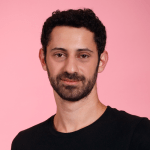 10:50 - 11:05
10:50 - 11:05Uncover the Magic: An Intro to Rendering With Procedurally Generated Shaders
By Sagie Levy Research Engineer @ LightricksAbstract: Cool effects and visuals which are computed on the fly are all around us in apps and websites, but did you ever consider how they are written?
We’ll explore how to write a shader to render a simple effect and I’ll show you exactly how to do it live. The principles we’ll go over can easily be applied to a variety of effects for your own app or website.Speaker: Hi, I’m Sagie. Since the age of 18 I’ve been passionate about coding. I served in the Ofek unit as a programmer and now I’m a Research Engineer at Lightricks for the past 3.5 years. I specialize in computer graphics and have been involved in developing well known mobile apps. Outside of work, I enjoy visual coding, game development, and photography.
- 11:05 - 11:35
Panel > What's between DevOps and Platform Engineering?

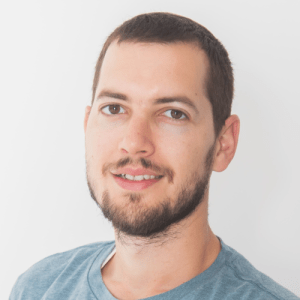

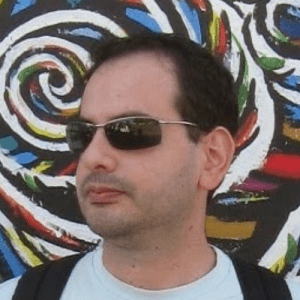

Moderator: David Shoham Sachs, Global Head of Growth @ Crave.io
Speakers:
- David Mark, Director of Platform Engineering @ Orca Security
- Dima Dobrinsky, VP R&D @ SQream
- Eliran Bivas, AppsFlyer
- Natali Cutic, DevOps Consultant @ Sela
Modern CI/CD pipelines are driving businesses but also endlessly convoluted and sophisticated. Modern DevoOs has shown that "throwing it over the wall" fails miserably. What does platform engineering offer to rectify this trend? How do BuildsOps rectify some of these bottlenecks? How can organizations develop a shared platform to improve their developer experience and productivity across the organization by providing self-service capabilities with automated infrastructure operations?
Join our amazing panel to hear thought leaders tell it as it is from the trenches.
 11:10 - 11:30
11:10 - 11:30Leveraging Teams for Faster Time-to-Market with Offshore Development
By Alon Ben Nun Director of Tech and Offshore Solutions @ Aman GroupOffshore solutions have become a powerful way to access a wider pool of talents and reduce labor costs. By working with offshore model companies can empower their local teams with global workforce and get faster project completion and Time to market and improved efficiency.
Alon Ben Nun Director of tech offshore solutions at Aman Group will explain about the model and how you can benefit from it.I’ve been helping tech companies from Israel, the United States, and Europe successfully tackle their most significant challenges–even on the first try. I help R&D teams triple Impact-per-engineer and transition from cost-centers to innovation-centers.
Aviv was part of the founding team at BillGuard, a personal finance security and productivity company, and worked on everything from setting up the first production server manually to the server-side, algorithms, web development etc. that were needed as time progressed. He had full stack responsibility and was helping create a culture of high quality clean code, teaching colleagues to test drive and pair program.
- 11:35 - 12:15
Panel > Monolith, Kubernetes or Serverless. Which One Should We Choose?


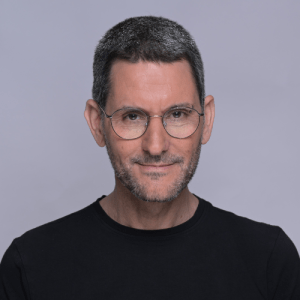
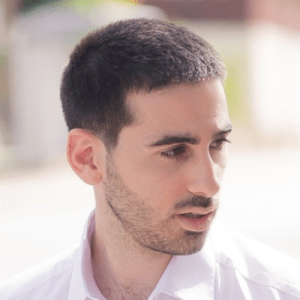
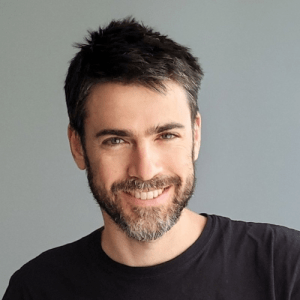
Moderator: Shai Almog, Developer Advocate @ debugagent.com
Speakers:
- Ido Ben David, Senior Engagement Manager @ Cloud IL
- Nir Sagiv, Director of Software Architecture @ Applied Materials
- Amir Belgi, R&D Group Leader @ Varonis
- Shai Yallin, Software Gardener @ Shai Yallin
Most organizations will have more than one team and one piece of software in deployment. What works for a single team or multiple isolated teams should not dictate the rationale for the entire organization. If you have multiple teams/applications/services, moving to Serverless or Kubernetes will start to make sense for a number of factors.
Monolith, Kubernetes or Serverless. Which One Should We Choose? Well, it depends, on a number of factor! For example: costs, vendor neutrality, scale, reliability, visibility. We will try to address all this in our panel discussion.
Many companies have a vision, mission statement, and values, however most often they exist as slogans that are too broad and disconnected from the actual teams within the company. Teams that write down and establish the vision for their team and their core values boost their motivation and sense of accomplishment as it aligns everyone on the expected behaviors and their purpose.
In this session, I'll share why I believe that it’s important for every team to define how they contribute to the company vision and align with their specific team values. In addition, I'll share my story of how did we come up with them in my group.
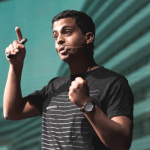 12:10 - 12:30
12:10 - 12:30The Voice Message That Changed My Life: The Story of Amnon the Transcriber
By Shilo Magen Engineering Manager @ Wix.comI can't listen to WhatsApp voice notes during the day so I wrote a WhatsApp bot that solves it for me. Apparently, there are also hundreds of thousands of people around the world who can no longer listen to voice notes because of this solution.
This talk will take you through the journey of how the bot was created, its virality, the good and the bad decisions along the way, and what I learned from it.
- 12:15 - 12:55
Panel > The Latest Advancements and Real-World Examples of Using AI & GPT-3 in Software Development



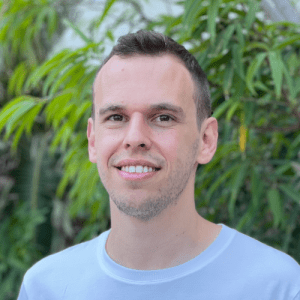
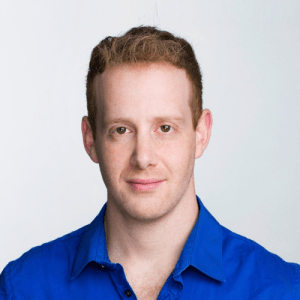
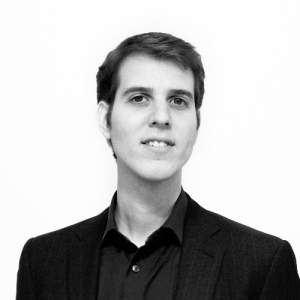
Moderator: Meital Shamia, Global Programs Manager @ Microsoft for Startups
Speakers:
- Meital Zilberstein, NLP Researcher @ Tabnine
- Lior Hakim, Co-Founder & CTO @ Hour One
- Din Golan, Co-Founder & CEO @ Intail.ai
- Tomer Dean, Co-Founder & CEO @ AudioLabs
- Amit Svarzenberg, CTO @ Microsoft for Startups
Artificial intelligence is the biggest buzzword these days and it is affecting every industry in the world. People are exposed to AI in both their everyday and professional lives more and more every day. In recent weeks, generative AI tools like DALL·E 2, Chat GPT and Midjourney have become more popular than ever.
Software development is one of the biggest beneficiaries of AI technologies, as almost every process could be improvised with the implementation of AI. Software developers already use AI to plan and schedule projects, automate testing, code compilation, decision making, and more tasks.
In this panel discussion we will uncover some amazing opportunities that AI can offer software developers. We will also discuss the threats and challenges and take a look into the future of software development.
 12:30 - 12:50
12:30 - 12:50Code at the Crossroads: Managing the Intersection of Codebase and Design Systems at Scale
By Tom Nipravsky CEO & Co-Founder @ DrimzThe product development space faces significant challenges.
In the eye of this storm, developers are forced to maneuver the complexities of managing design systems - a tricky puzzle that challenges many developers every day. They must ensure that the design meets the standards of managers and product designers, while also managing large-scale UI components on their codebase, ensuring accessibility, optimizing performance, - and simultaneously delivering a smooth and accurate user experience.
In this session I will provide mental models, and unveil fresh new tools and communication methods - to help developers manage design systems at volume, that align with our temperament and passion. A great resource for whoever wants to increase their skills and knowledge in managing design systems at scale.
Welcome to Lynx DevCon - the new software developer conference by People & Computers!
We are thrilled to have you join us for this exciting event. In this welcome session, Ben will share with you the key agenda themes for the day and the opportunities you will have to learn from industry experts, network with each other, and discover new tools, technologies and inspiration in software development, both in technical and leadership ways.
Our lineup of keynote speakers and panelists is packed with valuable content that is sure to inspire and educate. We can't wait to dive into the world of software development with you and are excited to see what the future holds.
 09:10 - 09:30
09:10 - 09:30Opening Keynote > Chaos Engineering 101 and Best Practices
By Ido Ben David Senior Engagement Manager @ CloudILCloudIL is an Israeli-based venture founded by one of the leading tech companies in Europe - in collaboration with local partners. The mission of CloudIL is to deliver a high-performing cloud platform comparable to global hyperscalers in quality, and with unprecedented levels of security for full compliance with local laws and requirements for data privacy, access, and control.
Chaos engineering in cloud environments by chatGPT:
Chaos engineering is the practice of intentionally introducing controlled failures or disruptions into a distributed complex system to test resilience and durability. The use of cloud-based infrastructure allows for greater scalability and flexibility when conducting chaos experiments, as resources can be easily provisioned and terminated as needed. Advanced Cloud providers often offer built-in tools and services to aid in chaos engineering, such as the ability to spin up and down entire regions or availability zones. 09:30 - 10:00
09:30 - 10:00Keynote > Making AI Accessible to All: Google Cloud's Machine Learning Tools
By Boris Mergold Data Analytics & AI Specialist @ Google CloudIn the keynote presentation "Making AI Accessible to All: Google Cloud's Machine Learning Tools", attendees will learn about the various machine learning solutions offered by Google Cloud and how they can be used to improve business operations and drive innovation.
The presentation will focus on the user-friendly and easy-to-use nature of Google Cloud's ML tools, making it possible for businesses of all sizes and industries to benefit from the power of AI. Attendees will discover how Google Cloud's ML tools can be integrated with other Google Cloud products to gain insights from data and make better decisions.
 10:30 - 10:50
10:30 - 10:50PySnooper: Never Use Print for Debugging Again
By Ram Rachum ML Researcher @ Bar-Ilan UniversityI had an idea for a debugging solution for Python that doesn't require complicated configuration like PyCharm. I released PySnooper as a cute little open-source project that does that, and to my surprise, it became a huge hit overnight, hitting the top of Hacker News, r/python and GitHub trending. In this talk I'll go into:
* How PySnooper can help you debug your code.
* How to make your open-source project go viral.
* What kind of things happen when your open-source project becomes popular, and how to deal with them.I'm a software engineer turned ML researcher. In my software engineer hat, I've worked in web backend, infrastructure, devops, virtualization, and more. Over the last 12 years I've been an activist in the Python open-source community. I authored popular projects like PySnooper and PythonTurtle, and contributed to existing projects like CPython, Django, PyPy, Matplotlib, PyLint and more. I'm a PSF Fellow.
I'm currently working on research in Bar-Ilan University, with the goal of showing that multi-agent reinforcement learning can be used to achieve AI Safety.
 10:50 - 11:05
10:50 - 11:05Uncover the Magic: An Intro to Rendering With Procedurally Generated Shaders
By Sagie Levy Research Engineer @ LightricksAbstract: Cool effects and visuals which are computed on the fly are all around us in apps and websites, but did you ever consider how they are written?
We’ll explore how to write a shader to render a simple effect and I’ll show you exactly how to do it live. The principles we’ll go over can easily be applied to a variety of effects for your own app or website.Speaker: Hi, I’m Sagie. Since the age of 18 I’ve been passionate about coding. I served in the Ofek unit as a programmer and now I’m a Research Engineer at Lightricks for the past 3.5 years. I specialize in computer graphics and have been involved in developing well known mobile apps. Outside of work, I enjoy visual coding, game development, and photography.
- 11:05 - 11:35
Panel > What's between DevOps and Platform Engineering?





Moderator: David Shoham Sachs, Global Head of Growth @ Crave.io
Speakers:
- David Mark, Director of Platform Engineering @ Orca Security
- Dima Dobrinsky, VP R&D @ SQream
- Eliran Bivas, AppsFlyer
- Natali Cutic, DevOps Consultant @ Sela
Modern CI/CD pipelines are driving businesses but also endlessly convoluted and sophisticated. Modern DevoOs has shown that "throwing it over the wall" fails miserably. What does platform engineering offer to rectify this trend? How do BuildsOps rectify some of these bottlenecks? How can organizations develop a shared platform to improve their developer experience and productivity across the organization by providing self-service capabilities with automated infrastructure operations?
Join our amazing panel to hear thought leaders tell it as it is from the trenches.
- 11:35 - 12:15
Panel > Monolith, Kubernetes or Serverless. Which One Should We Choose?





Moderator: Shai Almog, Developer Advocate @ debugagent.com
Speakers:
- Ido Ben David, Senior Engagement Manager @ Cloud IL
- Nir Sagiv, Director of Software Architecture @ Applied Materials
- Amir Belgi, R&D Group Leader @ Varonis
- Shai Yallin, Software Gardener @ Shai Yallin
Most organizations will have more than one team and one piece of software in deployment. What works for a single team or multiple isolated teams should not dictate the rationale for the entire organization. If you have multiple teams/applications/services, moving to Serverless or Kubernetes will start to make sense for a number of factors.
Monolith, Kubernetes or Serverless. Which One Should We Choose? Well, it depends, on a number of factor! For example: costs, vendor neutrality, scale, reliability, visibility. We will try to address all this in our panel discussion.
- 12:15 - 12:55
Panel > The Latest Advancements and Real-World Examples of Using AI & GPT-3 in Software Development






Moderator: Meital Shamia, Global Programs Manager @ Microsoft for Startups
Speakers:
- Meital Zilberstein, NLP Researcher @ Tabnine
- Lior Hakim, Co-Founder & CTO @ Hour One
- Din Golan, Co-Founder & CEO @ Intail.ai
- Tomer Dean, Co-Founder & CEO @ AudioLabs
- Amit Svarzenberg, CTO @ Microsoft for Startups
Artificial intelligence is the biggest buzzword these days and it is affecting every industry in the world. People are exposed to AI in both their everyday and professional lives more and more every day. In recent weeks, generative AI tools like DALL·E 2, Chat GPT and Midjourney have become more popular than ever.
Software development is one of the biggest beneficiaries of AI technologies, as almost every process could be improvised with the implementation of AI. Software developers already use AI to plan and schedule projects, automate testing, code compilation, decision making, and more tasks.
In this panel discussion we will uncover some amazing opportunities that AI can offer software developers. We will also discuss the threats and challenges and take a look into the future of software development.
 10:30 - 10:40
10:30 - 10:40Keynote > Code Smarter, Not Harder: Tips for Developer Productivity and Happiness
By Jonathan Harel Comedian, Data Scientist @ fine.devJonathan is a data scientist working in the field of Computer Vision. He served four years in Unit 8200, and completed his B.Sc in Computer Science in Barcelona, Spain. In the past few years he developed multiple funny digital products, including “UHMMM” (A software that plays elevator music when online meetings go silent) and “yyynet” (an extension that adds drama to news headlines).
 10:40 - 10:50
10:40 - 10:50Keynote > DevEx Behind the Scenes: what we Learned from Making a Web Series about Developer Experience
By Dan Leshem CEO & Co-Founder @ Dan LeshemI am a seasoned engineering leader with over 13 years in software development. For the past ten years, I've grown successful engineering teams who are problem-solvers first, programmers later. I believe happy; independent developers drive successful products.
Dark {Mode} is a web series that covers developer experience topics, trends, and best practices.
 10:50 - 11:10
10:50 - 11:10Keynote > Beyond the Spaghetti Code - How to Hack Your Mind
By Danna Nave Consciousness Developer @ Danna NaveLet's examine the model that our brain is a computer. What is our operating system? Did we write it or someone else?
In the first part, we'll explore the Brain-Hardware model, and the Battery management model. We'll reveal that most of the time our mind is managed by code we didn't writeand is not relevant to who we are today (Spaghetti code). In the second part, we'll discover practical tools how to hack our minds and how to go “beyond The Spaghetti code”. These tools will allow us to write our own code and release a new version of ourselves: YOU 2.0
Danna Nave is a Consciousness Developer. She is helping people to gain a new perspective on their lives through lectures, counseling, and mentoring. For the past decade, Danna worked at a software company, as a Director of HR and Operations and was part of the Management team. Danna "translated" issues of awareness and management soft skills into a language suitable for developers.
 11:10 - 11:30
11:10 - 11:30Leveraging Teams for Faster Time-to-Market with Offshore Development
By Alon Ben Nun Director of Tech and Offshore Solutions @ Aman GroupOffshore solutions have become a powerful way to access a wider pool of talents and reduce labor costs. By working with offshore model companies can empower their local teams with global workforce and get faster project completion and Time to market and improved efficiency.
Alon Ben Nun Director of tech offshore solutions at Aman Group will explain about the model and how you can benefit from it.I’ve been helping tech companies from Israel, the United States, and Europe successfully tackle their most significant challenges–even on the first try. I help R&D teams triple Impact-per-engineer and transition from cost-centers to innovation-centers.
Aviv was part of the founding team at BillGuard, a personal finance security and productivity company, and worked on everything from setting up the first production server manually to the server-side, algorithms, web development etc. that were needed as time progressed. He had full stack responsibility and was helping create a culture of high quality clean code, teaching colleagues to test drive and pair program.
Many companies have a vision, mission statement, and values, however most often they exist as slogans that are too broad and disconnected from the actual teams within the company. Teams that write down and establish the vision for their team and their core values boost their motivation and sense of accomplishment as it aligns everyone on the expected behaviors and their purpose.
In this session, I'll share why I believe that it’s important for every team to define how they contribute to the company vision and align with their specific team values. In addition, I'll share my story of how did we come up with them in my group.
 12:10 - 12:30
12:10 - 12:30The Voice Message That Changed My Life: The Story of Amnon the Transcriber
By Shilo Magen Engineering Manager @ Wix.comI can't listen to WhatsApp voice notes during the day so I wrote a WhatsApp bot that solves it for me. Apparently, there are also hundreds of thousands of people around the world who can no longer listen to voice notes because of this solution.
This talk will take you through the journey of how the bot was created, its virality, the good and the bad decisions along the way, and what I learned from it.
 12:30 - 12:50
12:30 - 12:50Code at the Crossroads: Managing the Intersection of Codebase and Design Systems at Scale
By Tom Nipravsky CEO & Co-Founder @ DrimzThe product development space faces significant challenges.
In the eye of this storm, developers are forced to maneuver the complexities of managing design systems - a tricky puzzle that challenges many developers every day. They must ensure that the design meets the standards of managers and product designers, while also managing large-scale UI components on their codebase, ensuring accessibility, optimizing performance, - and simultaneously delivering a smooth and accurate user experience.
In this session I will provide mental models, and unveil fresh new tools and communication methods - to help developers manage design systems at volume, that align with our temperament and passion. A great resource for whoever wants to increase their skills and knowledge in managing design systems at scale.
REGISTER
 Click for Accessibility
Click for Accessibility
